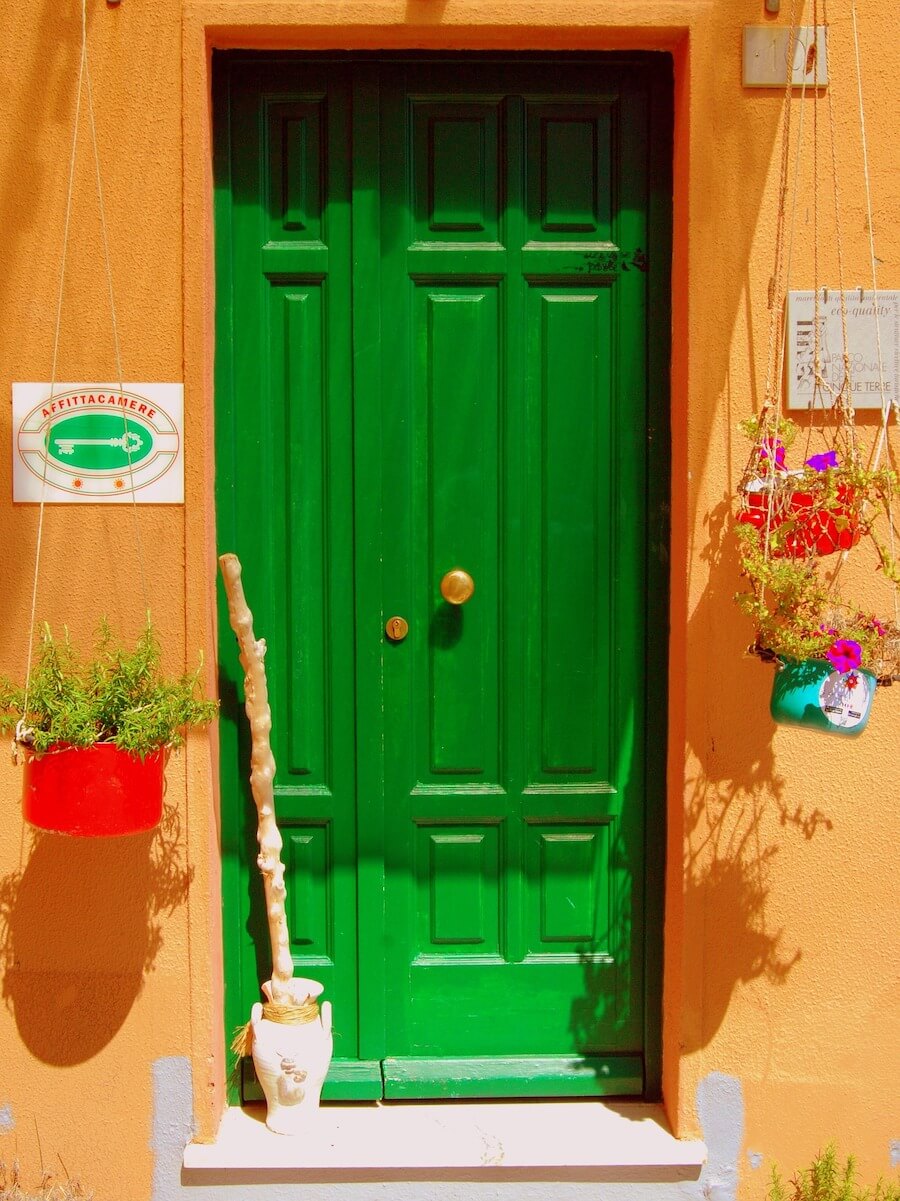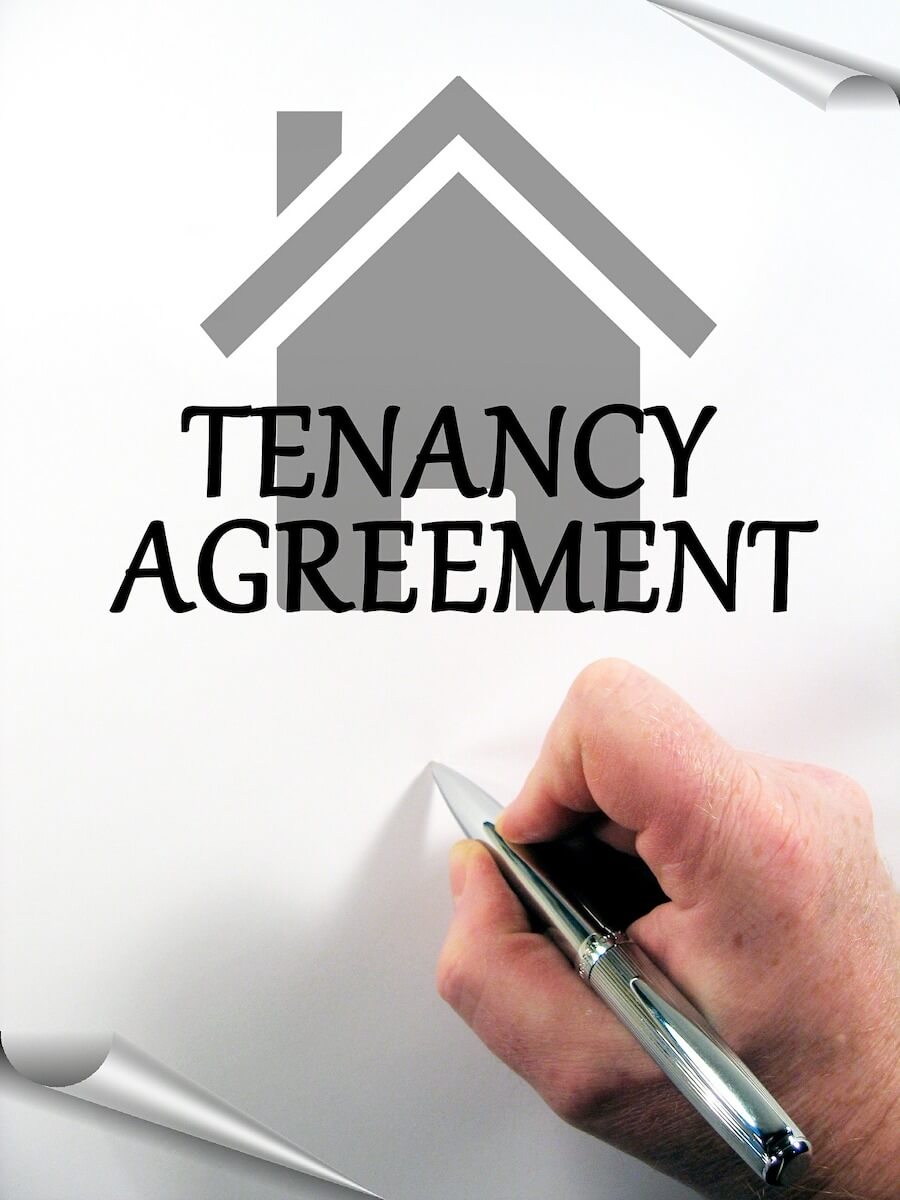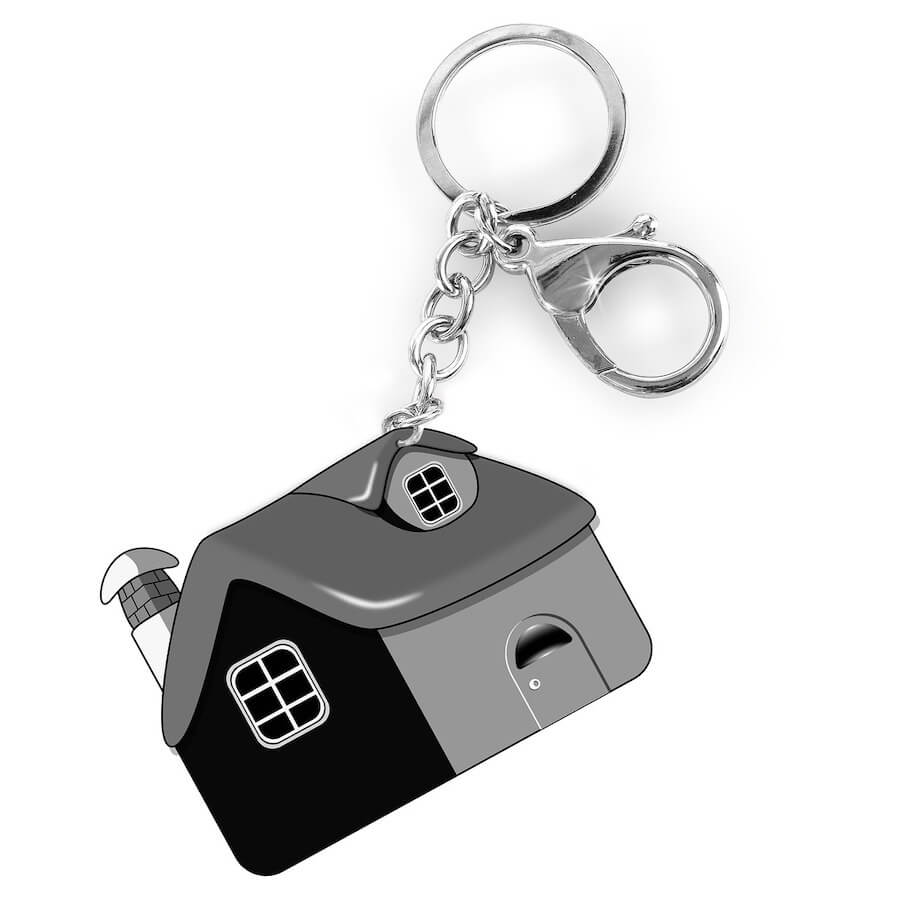Final Hurdle - the Inventory Checkout
One of the more nerve-wracking moments involved in moving out of a rental property – and there are many of these – is the big inspection session with the landlord. At this point, you hope you’ve done the end of tenancy cleaning right and will get your deposit money back.
At this point, it’s very useful to have a receipt from a professional cleaning company and, even better, the checklist from said company letting you and your landlord know exactly what has and hasn’t been cleaned. Any good cleaning company will work to a checklist, work to the standards accepted by good letting agencies, and have this list available for you (and your landlord). This is something to ask about when hiring a moving-out cleaning company – make sure they use a checklist!
If you haven’t got the professionals in but have done the work of moving out and cleaning yourself, that final property inspection (a.k.a. the inventory check) will put you on edge. If you’re conscientious, you may worry that the landlord will hold back your entire deposit because of a cobweb in the corner of the wardrobe. If you’re the happy-go-lucky type, you may cheerfully think that the landlord isn’t bothered looking in every single cupboard, and it won’t matter about that wee touch of mould at the back there. (You’re wrong in both these scenarios.)
If you’ve never had the property inspected before, knowing what your rights are and what’s reasonable always helps. There are websites out there and agencies that help tenants know what is reasonable and what their rights and responsibilities are. However, because we’re nice like that, we’ve put together a list of things that it’s good for tenants to know when it comes to cleaning, the final property inspection and getting that deposit back.
This doesn’t constitute legal advice, and if you’re unsure about whether or not your landlord is being unfair or if you’re being ripped off, try elsewhere for your next steps. The Tenancy Deposit Scheme is a good place to start.
#1: The Landlord Can’t Demand You Hire A Professional Cleaning Service

That’s right – and I’m a professional cleaner telling you this. By UK law, the landlord cannot insist that you pay a team of professionals to carry out an end of tenancy cleaning. This is only fair. After all, even though professional check out cleaning doesn’t cost the earth, if you have to move for financial reasons or feel the pinch a bit, it can add to the extra costs. On the flip side, the person moving out may be a professional cleaner and know exactly how to clean everything – and it’s a bit odd writing out a receipt for yourself! In short, if you feel that you can do your own moving-out cleaning or if you really can’t afford the services of a professional, the landlord can’t insist that you do it and nor can they hold back your deposit money if you don’t arrange for professionals to clean the place. You will get that tenancy deposit back if you can do the job well enough.
#2: The Property Has To Be As Hygienic As It Was When You Moved In
If you did things right, there would be a record of what the place was like when you first moved in. If you were even smarter, you took photos as a record. Any written and visual reports of how clean the place was will give you an idea of the standard you aim for. If the oven was sparkling and pristine when you moved in, that’s what you have to try getting it back to. If things were a bit dusty and grimy, and you have proof of this, then your landlord doesn’t have grounds for complaining if things aren’t pristine.
Notice that this refers to the standard of hygiene. If you have rented a house or flat for quite a few years, some natural wear and tear will be inevitable. The paint will fade and peel. So will wallpaper. Soft furnishings will fade in the sunshine. Carpets will slowly wear out and become threadbare. The floorboards will start squeaking. The plaster will chip. As long as you haven’t caused any damage by doing dumb stuff such as graffiti on the walls, setting fire to the carpets or attempting to hand-dye the curtains, the landlord cannot hold back your deposit money for this sort of natural wearing-out process.
#3: Be There During The Final Inspection

If possible, it’s good to be there with the landlord during the final inspection. Not just because it makes the process of handing the keys over a bit easier. During move-out cleaning, there’s often a lot to do, and it’s easy to overlook something. If the landlord comes across something you had thought you’d taken care of but hadn’t, your reaction of “Oh good heavens, how did I miss that? I’ll deal with that right away!” may see you getting your deposit back. If you’re there to talk to the landlord, you should get the chance to tidy up and take care of anything that he or she points out.
On the flip side, it can be slightly annoying to find out that you spent hours removing grease from the range hood only to find that your landlord doesn’t even glance at it. The next people moving in will be grateful you did, and you’ll still get your deposit money back.
#4: Know What’s Reasonable
One thing that you need to be aware of if there is a dispute about the standard of cleaning and the landlord wants to hold back some of your deposit money is what is reasonable. There are all sorts of horror stories out there. The worst one is where the landlord is associated with a cleaning company and gets a commission for referrals, so the landlord is only too keen to find a reason to declare your cleaning standard as not good enough. If you can prove that you have cleaned to the required standard (photos, videos, written descriptions, the works) but the landlord still insists it’s not good enough and particularly wants you to use a particular cleaning company, seek help from an official agency.

If you haven’t quite come up to scratch with some things, it’s still good to know what is and isn’t reasonable. It can pay to look around a few end of tenancy cleaning companies' websites to know what fees they charge. If all that needs to be done is getting the oven properly cleaned and the landlord is going to get a professional cleaning company to do the job, then it’s a smart idea to know (a) how long it usually takes to clean an oven and (b) what the usual charges for cleaning your type of oven are.
For example, if your landlord says it will cost over ₤250 to get a ceramic or glass hob cleaned, be suspicious and seek legal advice. Professional oven cleaning only occasionally gets into triple-figure values. Big or very dirty ovens or Agas will be more likely to run up this sort of value… though if things get into the ₤250 range and you know perfectly well that you keep that oven to a fairly good standard, then I’d start asking a few questions. It can pay to do your homework and find out what is a reasonable rate for the end of tenancy cleaning so that if your landlord decides to hold back your deposit for professional cleaning and then does the work him/herself (it happens), you have a rough idea about whether the held back amount is reasonable.
The Importance of Proper End of Tenancy Cleaning
Without a doubt, moving out of a rental property can be stressful, especially when it comes to the final inspection with the landlord. To ensure you receive your deposit money back, carrying out an end of tenancy cleaning to a high standard is important. It's helpful to have a checklist from a professional end of tenancy cleaning company to ensure everything has been cleaned.
However, landlords cannot demand you hire professionals if you can't afford to hire professionals unless this is stipulated in your tenancy agreement. During the inspection, it's important to be present to take care of anything the landlord may point out. Remember that the property needs to be as hygienic as when you moved in, and reasonable wear and tear will not affect the deposit. Being aware of your rights and responsibilities will help you understand what's reasonable, and the Government guidance on tenancy deposit protection is a good place to start if you're unsure.

